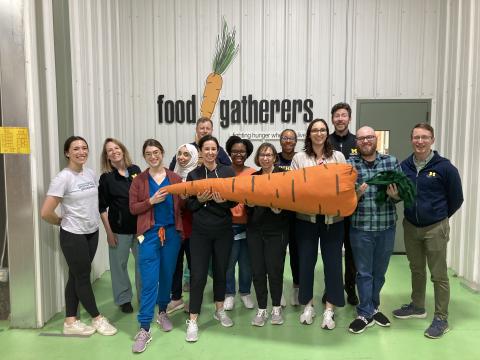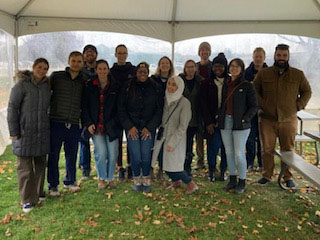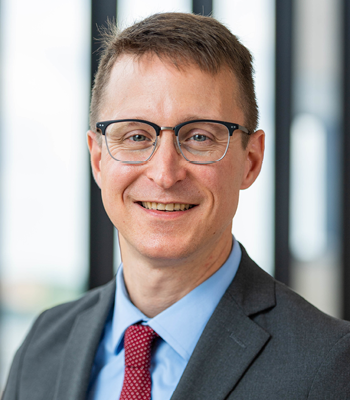
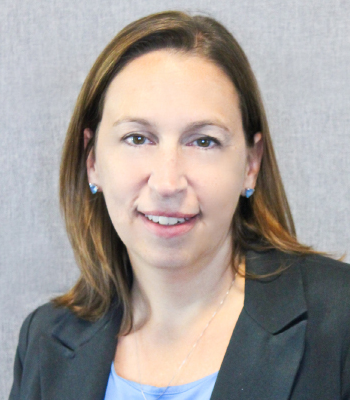
The Division of Geriatric and Palliative Medicine offers an integrated two-year Geriatric-Hospice and Palliative Medicine (Geri-HPM) Fellowship Track that is led by Co-Directors, Adam Marks, MD, MPH and Caroline Vitale, MD. The development of this track helps to address the growing need to develop a workforce prepared to expertly care for all older adults. Graduates from this fellowship program will be equipped to render individualized care to older adults with a focus on preserving function, assessing geriatric syndromes, enhancing quality of life, managing symptoms, and providing comfort-focused end-of-life care where appropriate.
This integrated Geri-HPM fellowship will meet core competency requirements in 16 months, while allowing for eight months of research and professional development. Since both specialties currently require one year of clinical training each, this integrated program is novel in that it completes both clinical program requirements within 16 months and offers time to prepare scholarly projects and develop skills needed to pursue leadership positions. Combined Geri-HPM fellows will meet quarterly with the co-directors their first year as they develop their scholarly work and identify mentors. Learn more about our scholarly activity.
Individuals successfully completing this two-year fellowship will be double board-eligible in both Geriatric Medicine and Hospice & Palliative Medicine.
DEI and Well-Being
DEI
Where We Stand
The University of Michigan is committed to a policy of equal opportunity for all persons and does not discriminate on the basis of race, color, national origin, age, marital status, sex, sexual orientation, gender identity, gender expression, disability, religion, height, weight, or veteran status.
We realize we must both acknowledge and speak out against all forms of racism, discrimination, and bias in our environments in our institutions, communities, and society. Not only is it the right thing to do but it is critically important that we in the GME community prioritize holistic and unbiased recruitment and selection of our applicants in order to ensure a diverse workforce and medical community.
What We Are Doing
Programmatic and Divisional leadership are required to attend Strategies and Tactics for Recruiting to Improve Diversity and Excellence (STRIDE) workshop. Additionally, all Faculty and Staff in the Department of Internal Medicine were required to take Unconscious Bias training, which we have continued to ensure each cohort of fellows attends annually.
In addition to opportunities to get involved with the House Officer Diversity Network and the Office for Health Equality and Inclusion, the department of Internal Medicine has developed its own Diversity, Equity, Inclusion & Well-Being committee that welcomes Geri-HPM trainees.
Lastly, we are committed having hard conversations and to finding the time to allow trainees to participate in events and activities that matter to them and us; supporting both diversity and inclusivity.
Well-Being
Combating burnout and improving physician wellness is vital to long-term success in the field of medicine. We promote a healthy work-life balance and provide the time and resources for trainees to be able to practice healthy habits.
- Wellness lectures incorporated into our regular Geri-HPM didactic lecture series. Themes include burnout, suicide prevention, empathy, and appropriate boundary setting. The program also partners with Janice Firn, PhD, MSW, a Clinical Assistant Professor in the Department of Learning Health Sciences (DLHS), to provide Geri-HPM fellows three resiliency sessions over the course of their training on Wellness, Self-Care, and Self-Forgiveness.
- The Geri-HPM Program Fatigue Policy which helps to identify signs of fatigue, resources are available to help cope with stress and fatigue; the conversations about the importance of mental health and available resources to trainees start during orientation. All trainees are entitled to a paid subscription to headspace, (an app to help build healthy habits, practice mindfulness, and provide guided meditation), and our program has four weeks of vacation time, dedicated sick leave, and as a program have chosen to include work-life balance and wellness within our program aims to give wellness a place within our program that future generations in medicine will want to emulate.
- Office of Counseling and Workplace Resilience: The Office of Counseling and Workplace Resilience serves the mental and emotional health needs of Michigan Medicine faculty and staff. They provide free-of-charge and confidential counseling, consultation, coaching and stress debriefing services to help faculty and staff develop strength and resilience in their personal and professional lives. They also offer a number of programs designed to help individuals and departments reduce burnout, compassion fatigue, and to foster resilience.
- House Officer Mental Health Program: Michigan Medicine's House Officer Mental Health Program has been in existence since 1996, providing a range of mental health services to a large number of house officers in all disciplines. They are committed to supporting house officers during this significant, rewarding, and often stressful stage of life. They complete over 70 new evaluations annually, evaluating and treating a broad spectrum of mental health needs, including: depression, anxiety, sleep difficulties, ADHD, stress management, interpersonal difficulties, and work-life balance issues, to name a few.
- Facilitated Peer-Networking Sessions: Once a month our Geri-HPM fellows participate in a guided peer-support session, to allow for reflection and debriefing on the clinical work being done and support one another during their fellowship training.
Curriculum
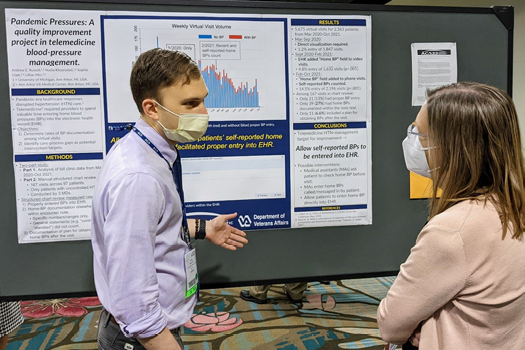
Weekly classroom-based core curriculum includes sessions on clinical geriatrics and hospice and palliative medicine, critical review of the medical literature, and geriatric clinical conference. Fellows participate in M&M’s, journal clubs, case discussion, and the Palliative and End of Life Care course (a national program). Geriatric based didactic content will be emphasized in year one and alternatively HPM didactic content will be emphasized in year two of fellowship.
Rotation Schedule
- Click here to view a sample of the Geri-HPM fellowship rotation schedule.
Learn More
- Visit the Geriatric Medicine Fellowship Website.
- Visit the Hospice and Palliative Medicine Fellowship Website.
Our Fellows
1st-Year Fellow
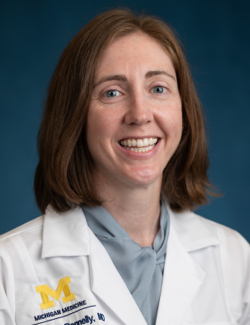
Elizabeth Donnelly, MD
Dr. Donnelly received her medical degree from University of Chicago Pritzker School of Medicine and completed her Internal Medicine residency at University of Chicago Medical Center.
2nd-Year Fellow
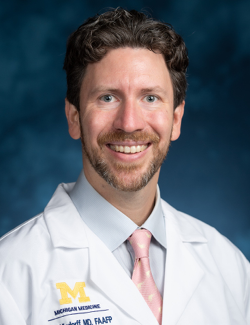
Neil Nixdorff, MD, MPH
Dr. Nixdorff received his medical degree from Case Western Reserve University School of Medicine and completed his Family Medicine residency at University of Pennsylvania.
Past Fellows
2023 - Andrew Russell, MD, MPH

Clinical Instructor, Division of Geriatric and Palliative Medicine
Dr. Andrew Russell received his medical degree from the University of Illinois College of Medicine and completed his Internal Medicine residency at Tulane University. Dr. Russell began the Integrated Geriatric/Palliative Medicine Fellowship n 2021, successfully completing the program in 2023. After completing the program, he was hired as faculty for the Division of Geriatric and Palliative Medicine.
2022 - Rachel Denny, DO
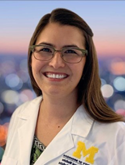
Clinical Instructor, Division of Geriatric and Palliative Medicine
Dr. Rachel Denny was born and raised in Southeast Michigan. Dr. Denny earned her medical degree from Michigan State College of Osteopathic Medicine and then completed her Family Medicine residency training at Henry Ford Macomb Hospital in Clinton Township, Michigan. In 2020, she began the integrated Geriatric/Palliative Medicine Fellowship, successfully completing the program in 2022. After completing the program, she was hired as faculty for the Division of Geriatric and Palliative Medicine.
2021 - Joseph Dixon, MD
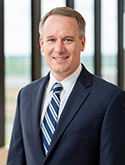
Clinical Assistant Professor, Division of Geriatric and Palliative Medicine
Dr. Joseph Dixon obtained his MA in history prior to pursuing medicine. Dr. Dixon then received his medical degree at the Keck School of Medicine of the University of Southern California and completed his residency in Family Medicine at Kaiser Permanente in Woodland Hills, California. In 2019, he began the Integrated Geriatric/Palliative Medicine Fellowship, successfully completing the program in 2021. After completing the program, he was hired as faculty for the Division of Geriatric and Palliative Medicine, where he currently serves as the University Hospital Site Director for the Hospice and Palliative Medicine Fellowship.
How to Apply
Application process follows the same guidelines as regular Geriatric Medicine Fellowship. Please see our “How to Apply/FAQ” if you are interested in applying to this Geri - HPM leadership track fellowship position. Ensure you identify that you are applying to the integrated track in your personal statement. Qualified candidates may interview and rank both the traditional Geriatric Medicine and integrated Geri-HPM tracks should they be interested.
Contact Us
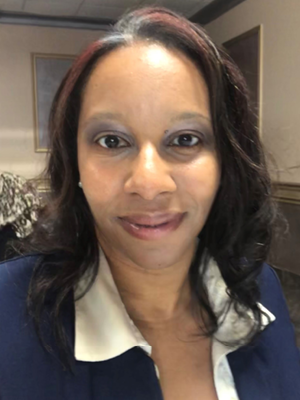
Richana Gaskin
Geriatric Medicine
Fellowship Program Administrator
[email protected]
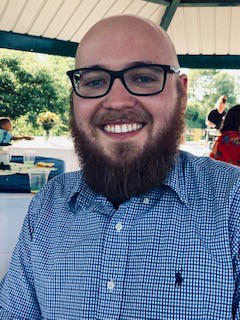
Corey Adkins
Hospice & Palliative Medicine
Fellowship Program Administrator
[email protected]
Salary and Benefits
Learn about salary, benefits, and employment eligibility.
Discover Michigan Medicine and Ann Arbor
View the Go Blue Guide to life at Michigan Medicine.





